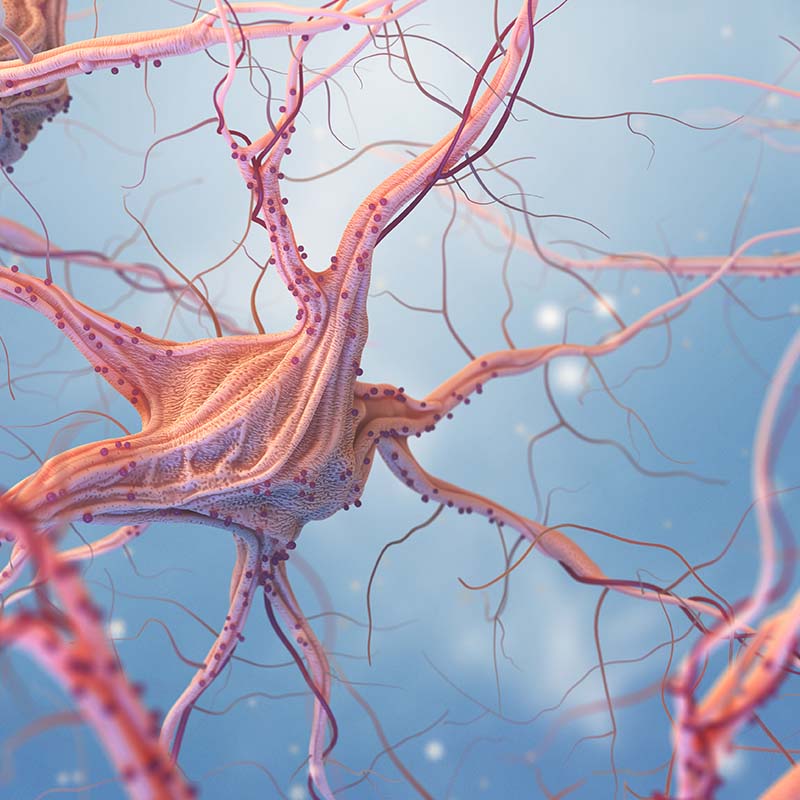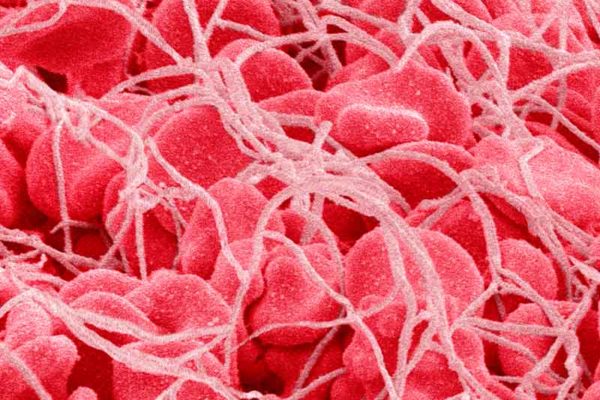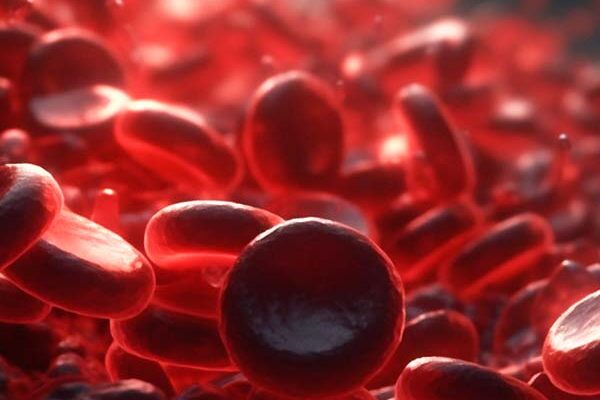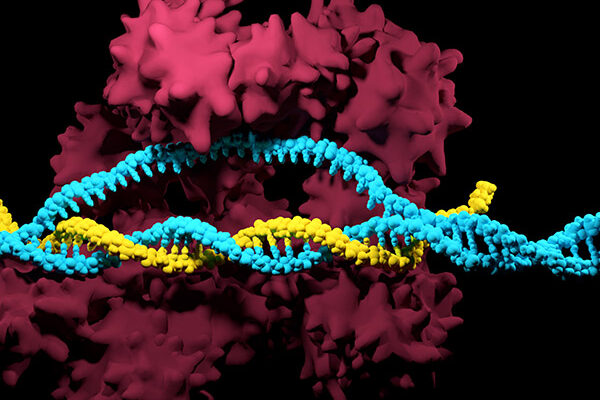Proposed use
Research into Charcot-Marie Tooth Disease (Type 1A). Research into autoimmune neurological disorders would be the main target market.
Problem addressed
Construction of models of human inherited diseases is particularly important for testing gene therapy approaches. Charcot-Marie Tooth Disease is a dominant disorder which causes progressive muscle weakness and an awkward gait and severe demyelination in the peripheral nervous system including the presence of onion bulb formations. The disease is estimated to affect around three million people worldwide.
This approach will be valuable for pathologies produced by over-expression of a gene including trisomy and amplification in cancer. Such models will be particularly useful for testing gene therapy approaches if the transgene is human.
Benefits
- Valuable for pathologies produced by over-expression of a gene including trisomy and amplification in cancer
- Particularly useful for testing gene therapy approaches if the transgene is human.
Technology overview
Researchers at Imperial constructed a model for Charcot-Marie Tooth disease type1A by pronuclear injection of a YAC containing the human PMP22 gene. In one transgenic line, the YAC DNA is integrated in about eight copies and the PMP22 gene is strongly expressed to give a peripheral neuropathy closely resembling the human pathology.
These Charcot-Marie Tooth Disease Models are available
from Infrafrontier (Product # EM:01883)
Intellectual property information
Reagent/material




